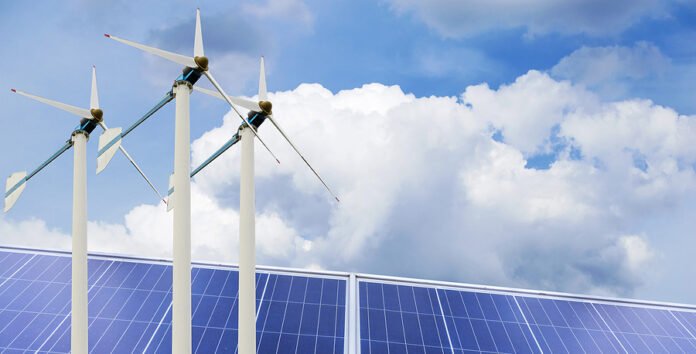WASHINGTON, March 7, 2023-The World Bank’s Board of Executive Directors approved today financing support in the amount of $12 million for the Scaling Solar 2 Project for Uzbekistan. The Project will help expand the country’s capacity to produce clean and renewable energy, as well as further support the Government’s agenda of the transition to a green economy and promoting the decarbonization of the energy sector.
In 2019, Uzbekistan became the first country outside of Africa to join the World Bank Group (WBG)’s Scaling Solar Program. The currently operational Navoi 100 MW Scaling Solar 1 power plant became the first large-scale, competitively procured, and privately developed and operated renewable energy facility in the country. The Project was supported by a World Bank payment guarantee and the International Finance Corporation (IFC) advisory services and financing under the above-mentioned Program.
The new Scaling Solar 2 Project is a major scale-up of solar energy generation with an additional 440MW of capacity in two regions of Uzbekistan, building on the success of the Navoi Scaling Solar 1 Project.
In May 2021, Uzbekistan announced the winning bidder of the public-private partnerships (PPPs) for two separate solar power plants, each with a capacity of 220 MW in Kattakurgan district of Samarkand region and Gallaorol district of Jizzakh region. Masdar, a United Arab Emirates-based renewable energy company,, submitted bids representing the lowest electricity tariffs in the country and the broader Central Asian region. These PPP projects, supported by the IFC advisory services, will benefit from World Bank payment guarantees totaling up to $12 million under the WBG Scaling Solar Program.
The solar power plants in Samarkand and Jizzakh regions supported by the World Bank payment guarantees will generate 1.1 Terawatt-hour (TWh) of renewable electricity per year. They will avoid CO2 emissions of around 110,000 metric tons per year on average, or a total of about 3.4 million metric tons over their lifetime.
“The Government and the World Bank consider the deployment of our payment guarantees critical to mitigate perceived risks and to signal to international investors that Uzbekistan is ready to mobilize much-needed private capital, clean technologies, and management expertise to develop its renewables sector with private sector participation,” noted Marco Mantovanelli, World Bank Country Manager for Uzbekistan. “The Project approved today will help the country meet rapidly growing demand in electricity as well as strengthen the security of supply and energy sector decarbonization in the country.”
The above-mentioned solar power plants will be implemented through limited liability companies (the Project Companies) owned by Masdar. They will develop, finance, build, own, operate, and maintain both solar power plants. The Project Companies are committed to selling electricity generated by the plants according to Power Purchase Agreements (PPAs) signed with state-owned National Electric Grid of Uzbekistan JSC (NEGU).
The World Bank will provide payment guarantees for NEGU up to $6 million for each of the plants in Samarkand and Jizzakh regions (totaling up to $12 million). These guarantees will backstop long-term Letters of Credit, which will help ensure that NEGU meets timely payment obligations arising out of the PPAs with the Project Companies. Additionally, the World Bank continues to provide support to create an enabling environment for private renewable energy deployment and broader sector reforms in Uzbekistan.
To implement these solar power plants, Masdar will invest $193 million of equity in the Project Companies. The debt financing package of $216 million will be provided by the Asian Development Bank (ADB), the European Bank for Reconstruction and Development (EBRD), the European Investment Bank (EIB), and the Asian Infrastructure Investment Bank (AIIB).
Source : Miragenews

